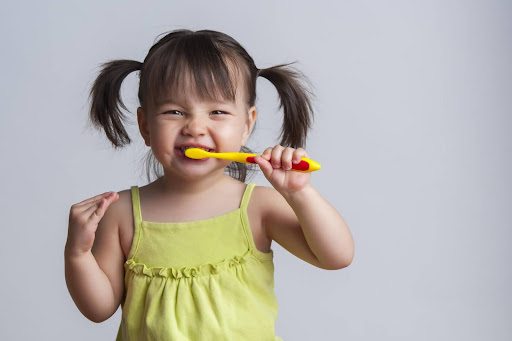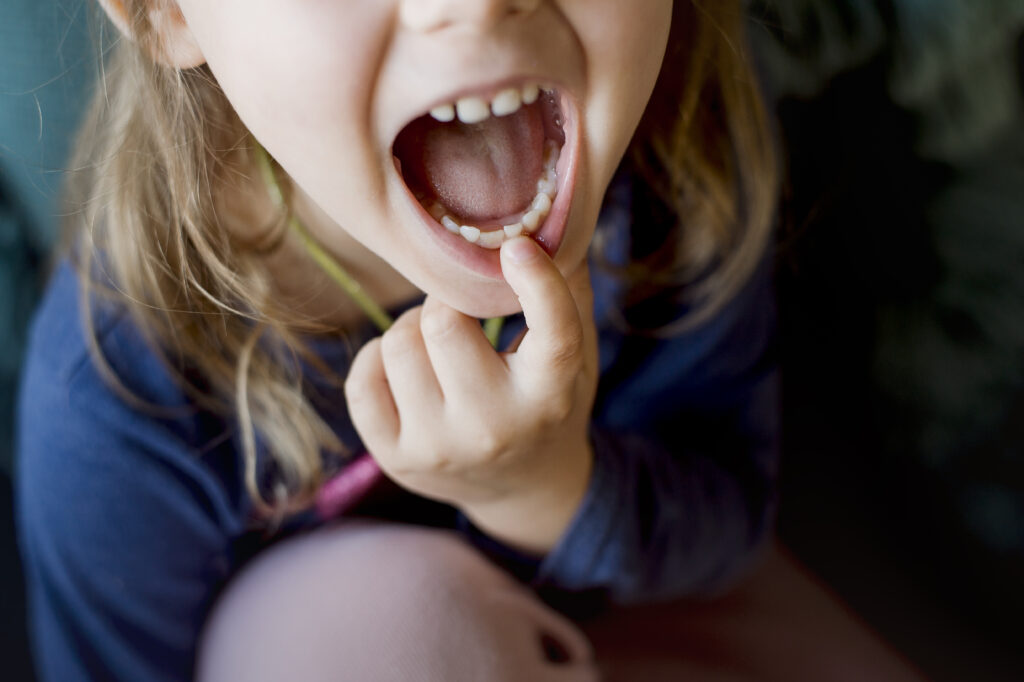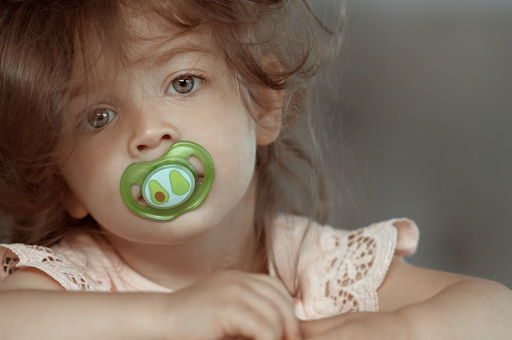
As parents, witnessing your child’s first tooth emerge marks a significant milestone, mingled with both excitement and concern. Understanding the various stages of tooth development is crucial for ensuring your child’s lifelong oral health journey.
Let’s explore these stages together:
Birth to 3 Years Old: During this period, primary teeth, also known as baby teeth, begin to appear, typically starting around six months of age with the lower central incisors. While these teeth eventually fall out, they play a vital role in preserving space for permanent teeth and facilitating proper chewing, speech, and appearance.
3 to 6 Years Old: By age three, most children will have all 20 primary teeth. This phase is pivotal for instilling good oral hygiene habits. Demonstrate proper brushing and flossing techniques and encourage regular dental check-ups to maintain optimal oral health.
6 to 12 Years Old: Between six and twelve years old, children gradually lose their primary teeth as permanent teeth emerge. Proper care during this transitional period sets the foundation for healthy adult teeth, influencing their position and overall oral health.
12 to 17 Years Old: As adolescents enter their teenage years, they typically have most of their adult teeth. Emphasize the importance of oral hygiene practices, including limiting sugar intake and wearing mouth guards during sports activities to prevent tooth trauma. If orthodontic issues arise, such as crooked teeth or irregular bites, seek professional evaluation for potential orthodontic treatment.
17 to 21 Years Old: The final stage of tooth development involves the eruption of wisdom teeth. In many cases, extraction may be recommended to prevent overcrowding and other oral health complications in adulthood.
Your child’s dental journey is dynamic, and proper care at each stage is paramount for their future oral health. Contact Upper Valley Pediatric Dentistry of West Lebanon today to schedule your child’s first appointment. Let us partner with you in safeguarding their precious smile for years to come.












